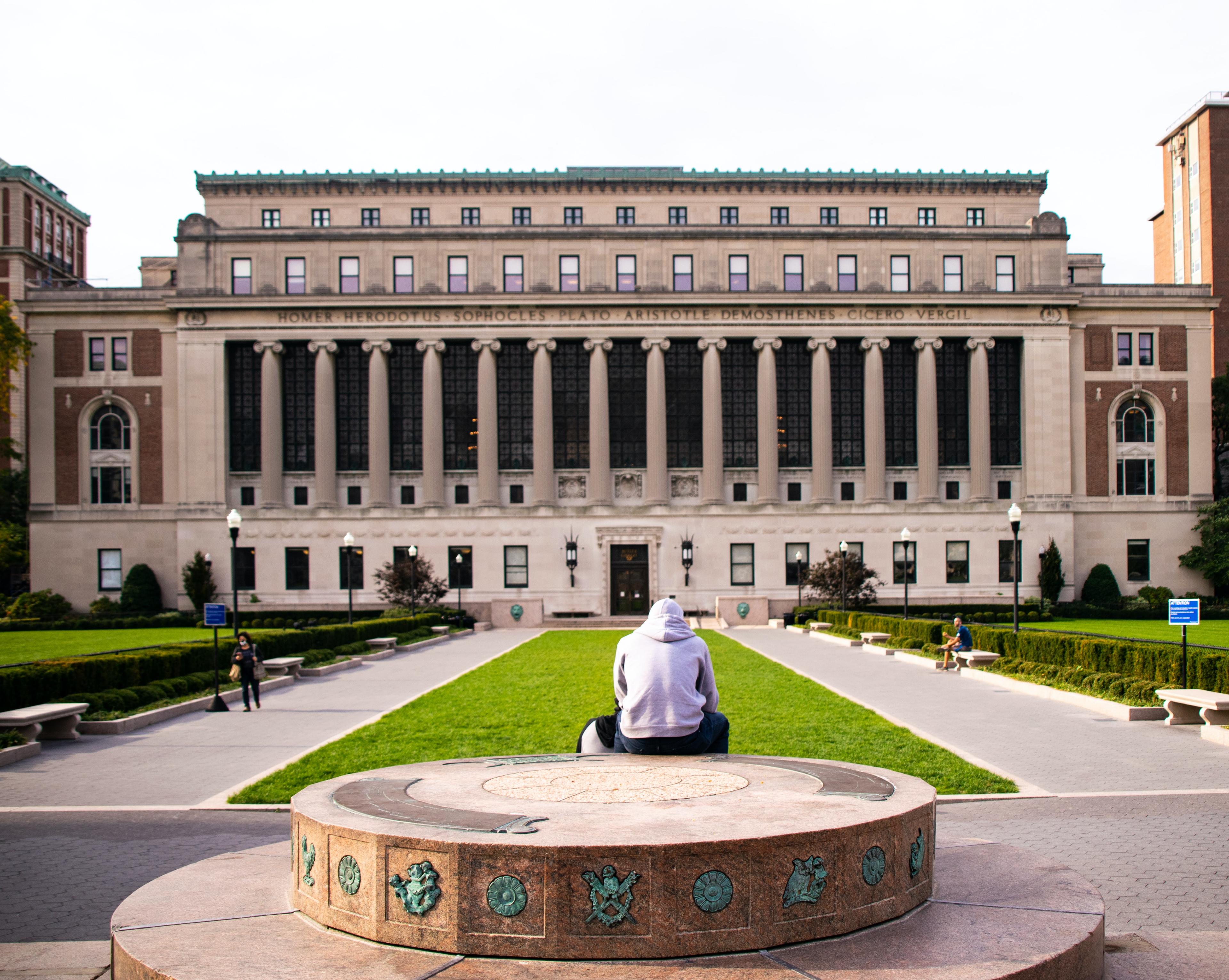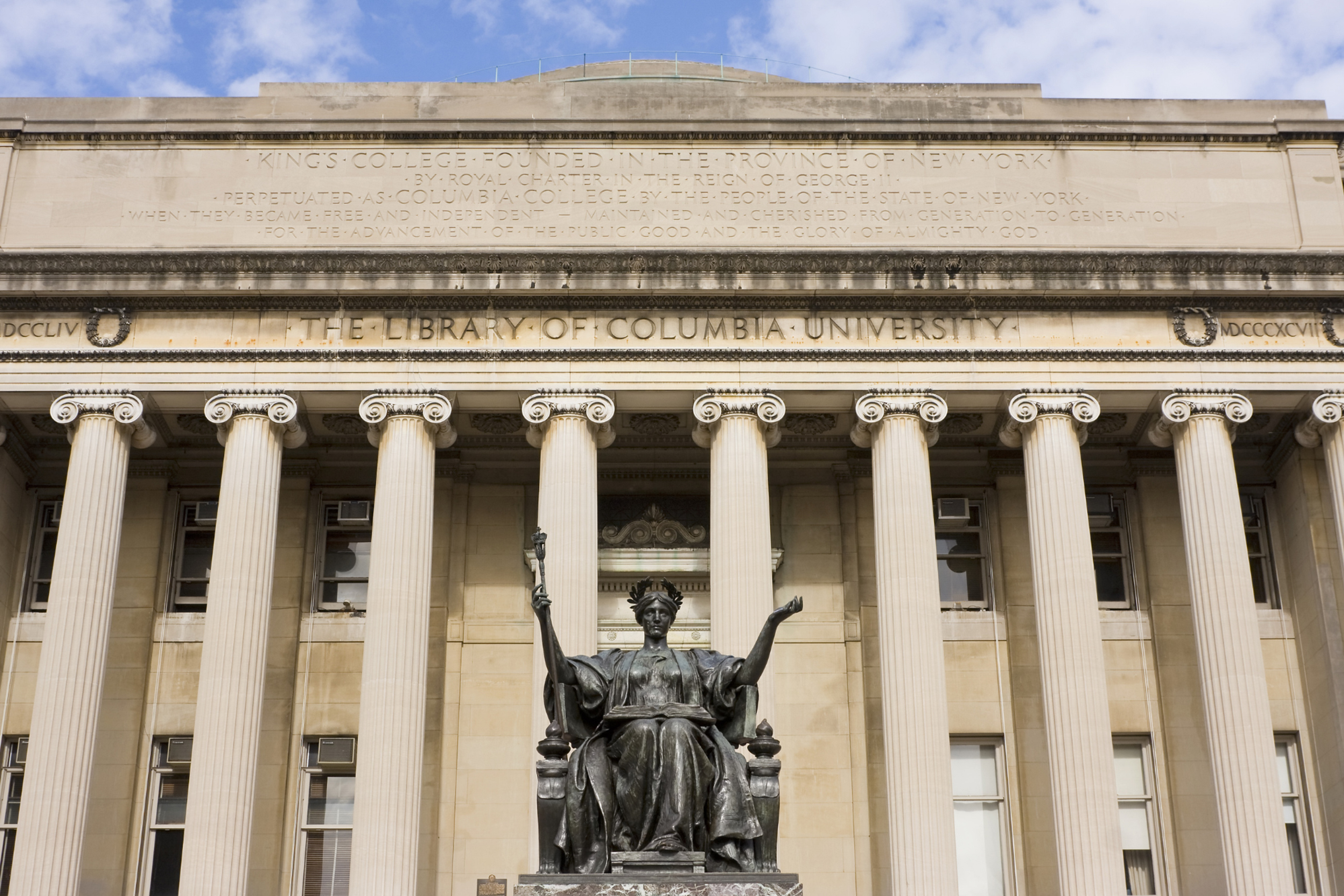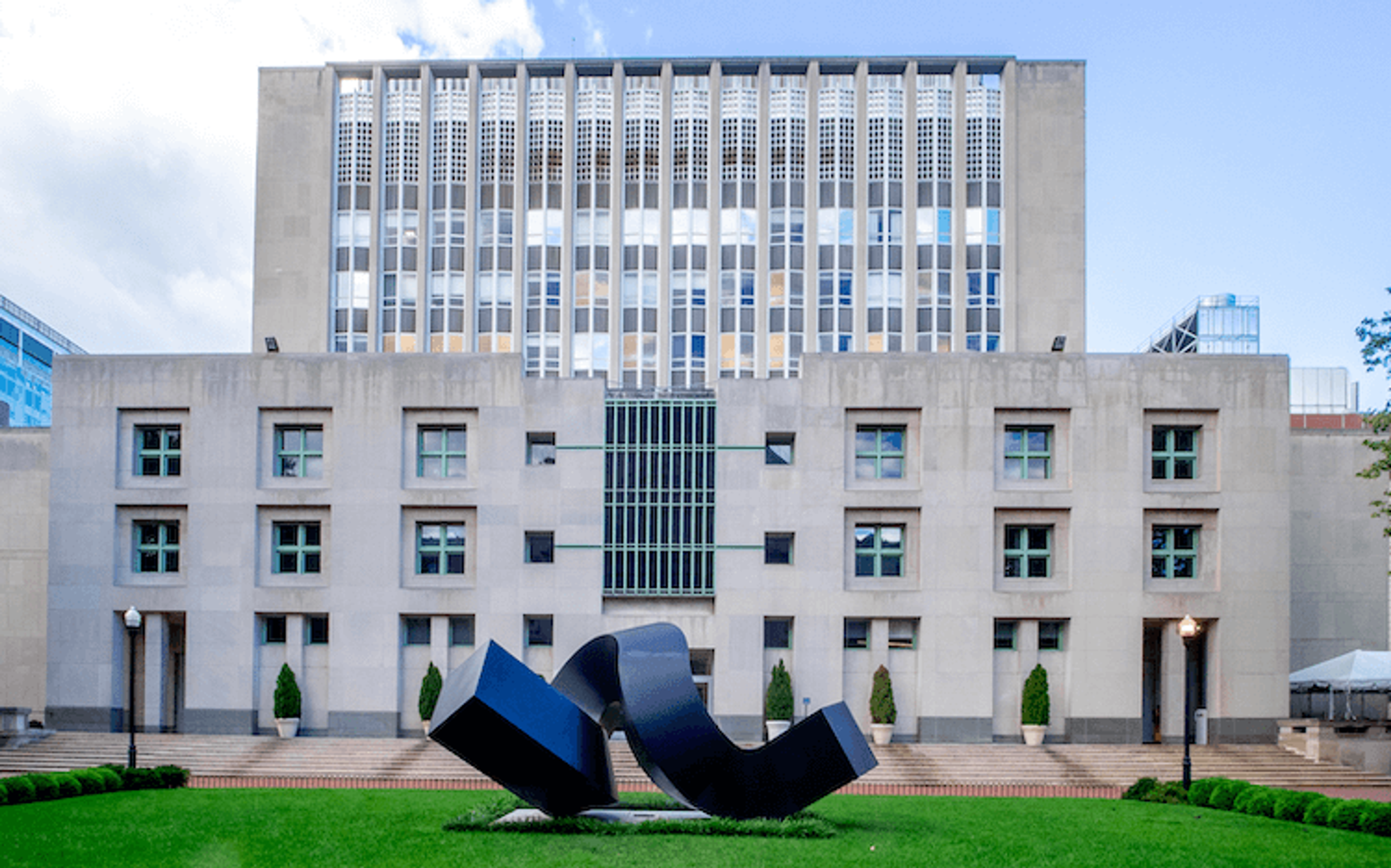
Stay in the loop. Go places.
Join 100,000+ others and receive free resources, exclusive event invites, and personalized support to reach your goals.
Table of Contents
The Columbia MBA program is renowned for attracting a diverse and accomplished group of students. Understanding the Columbia MBA class profile can provide valuable insights for prospective applicants. In this article, we will delve into the demographics, academic backgrounds, and professional experiences of the class. We will also discuss key trends in admissions, the importance of diversity and inclusion, and the range of industries represented in the program. Lastly, we will explore what the class profile means for applicants, how to prepare for the Columbia MBA experience, and how to leverage the profile in your application. Additionally, we will analyze the impact of a Columbia MBA on career paths, including post-MBA industries and roles, salary and compensation trends, and the strength of the alumni network.
Understanding the Columbia MBA Class Profile
Demographics of the Columbia MBA Class
One key aspect of the Columbia MBA class profile is its diversity. The program attracts students from various parts of the globe, fostering a multicultural and international learning environment. Students come from diverse backgrounds, representing nearly every continent, which adds richness and different perspectives in classroom discussions and team projects. Moreover, the gender balance in the class has been gradually improving year after year, with the school actively working towards achieving gender equality in its student body.
Additionally, the class is characterized by its strong academic achievements and extraordinary talents. Students are highly motivated and intellectually curious, coming from a wide range of academic disciplines such as business, engineering, arts, and sciences. This diversity in academic backgrounds encourages interdisciplinary collaboration and nurtures innovation.
Academic Backgrounds of Students
The academic backgrounds of Columbia MBA students vary widely. While the majority of students have undergraduate degrees in business-related fields such as finance, economics, and management, the program also embraces individuals with diverse educational backgrounds. Columbia Business School values the unique perspectives that students from nontraditional backgrounds bring to the classroom. Therefore, it is not uncommon to find students with undergraduate degrees in liberal arts, engineering, or even the sciences pursuing an MBA at Columbia.
The program seeks individuals who have demonstrated academic excellence throughout their educational journey. Admissions officers consider undergraduate grade point averages and standardized test scores, such as the GMAT or GRE, alongside other factors, including leadership qualities, extracurricular involvement, and personal achievements.
Professional Experience of the Class
The professional experience of Columbia MBA students is another aspect that contributes to the rich and dynamic class profile. The program values candidates who have demonstrated professional success and leadership potential during their careers. The average work experience of the class is approximately five years, with students coming from a wide array of industries such as finance, consulting, technology, healthcare, and more.
The program's emphasis on collaboration and teamwork is reflected in the diverse professional backgrounds of its students. This diversity greatly enhances the learning experience, as students can share knowledge and insights from different sectors, fostering a holistic understanding of business challenges and strategies.
Key Insights from the Columbia MBA Class Profile
Trends in Admissions
Analyzing the trends in admissions at Columbia Business School can provide valuable insights for prospective applicants. In recent years, the program has seen a slight increase in the number of applications, reflecting the growing popularity and prestige of the MBA program. As such, competition for admission has become more intense, making it crucial for applicants to demonstrate a distinctive profile and a strong fit with the program's values and culture.
Moreover, the admissions committee seeks candidates who possess not only academic excellence but also leadership potential, teamwork skills, and a clear sense of their career goals. Demonstrating a well-rounded profile that showcases a mix of professional achievements, community involvement, and personal passions is crucial in standing out among a competitive applicant pool.
Diversity and Inclusion in the Class
Diversity and inclusion are paramount aspects of the Columbia MBA class profile. The program strives to create a community that reflects the global business landscape and emphasizes a broad range of perspectives. Embracing diversity means not only considering factors such as nationality, gender, and ethnicity, but also valuing diversity of thought, background, and experiences.
A diverse class enhances the learning environment and prepares students to thrive in an interconnected and multicultural business world. By engaging with classmates from different backgrounds and cultures, students gain a broader understanding of global business challenges and develop strong interpersonal skills that are invaluable in today's professional landscape.
Top Coaches
Range of Industries Represented
The Columbia MBA class profile exhibits a wide range of industries represented, which further enhances the program's reputation as a hub for diverse talent. Students come from a plethora of sectors, including finance, consulting, technology, healthcare, non-profit, and more. This varied representation fosters a vibrant ecosystem where students can learn from each other's experiences and gain exposure to different industry perspectives.
The program's strong connections to industries through its New York City location also provide students with numerous networking and recruiting opportunities. The diverse industry representation in the class not only enriches the learning experience but also strengthens the alumni network, creating valuable connections for future career growth.
Read: 10 Columbia Business School Courses to Take
Takeaways for Prospective Students
What the Profile Means for Applicants
Understanding the Columbia MBA class profile can provide valuable insights for prospective applicants. Recognizing the program's emphasis on diversity, academic excellence, and professional experience can help applicants tailor their applications to align with these characteristics. It is essential to highlight unique experiences, achievements, and a clear sense of career goals in order to stand out among the competitive applicant pool.
Additionally, applicants should take the time to reflect on how their own skills, perspectives, and experiences would contribute to the Columbia MBA community. Demonstrating a strong fit with the program's values and a genuine motivation to engage in a collaborative and intellectually stimulating environment can greatly enhance the chances of admission.
Preparing for the Columbia MBA Experience
Preparing for the Columbia MBA experience involves more than just submitting a polished application. It requires thorough research and understanding of the program's offerings, curriculum, and extracurricular activities. Prospective students can attend information sessions, connect with current students and alumni, and participate in campus visits to gain a comprehensive understanding of what the program has to offer.
Embracing a growth mindset and actively seeking opportunities to expand one's knowledge and skills will also contribute to a successful Columbia MBA experience. Prospective students should be prepared to engage in rigorous academic coursework, participate in experiential learning opportunities, and take advantage of the vast resources and networks available at Columbia Business School.
Read: Columbia MBA Curriculum – Core, Electives, and Specializations
Leveraging the Class Profile in Your Application
Leveraging the Columbia MBA class profile in your application involves demonstrating how your unique background, experiences, and goals align with the program's values and offerings. Highlighting instances where you have leveraged diversity to drive innovation, fostered collaboration within teams, or made a positive impact in your professional or personal sphere can showcase your potential contributions to the Columbia community.
Additionally, taking the time to thoroughly understand the program's industry connections, alumni network, and career development resources can help you tailor your application to demonstrate a clear understanding of how the Columbia MBA can support your career goals and aspirations.
The Impact of Columbia MBA on Career Paths
Post-MBA Industries and Roles
The Columbia MBA program has a profound impact on career paths, offering students access to a wide range of industries and roles. The program's strong ties to industries, particularly in finance, consulting, and technology, open doors to a multitude of career opportunities. Columbia Business School's New York City location provides students with invaluable exposure to industry leaders and a thriving business ecosystem.
Graduates of the program pursue careers in various sectors, including investment banking, private equity, consulting, entrepreneurship, and corporate leadership roles. The program's rigorous curriculum, experiential learning opportunities, and alumni network contribute to alumni success in these diverse industries.
Salary and Compensation Trends
The Columbia MBA program also offers attractive salary and compensation trends. The average post-MBA salary for Columbia graduates is competitive, reflecting the strong return on investment of the program. The salary packages offered vary depending on the industry and role, with graduates often securing high-paying positions in finance, consulting, and technology sectors.
Furthermore, the program's reputation and extensive alumni network contribute to the ample career growth opportunities and advancement prospects for graduates. Columbia Business School alumni benefit from the prestigious brand recognition and the strong connections and relationships fostered through the school's extensive alumni network.
Alumni Network and Opportunities
The strength of the Columbia MBA alumni network is a significant advantage for graduates. The program boasts a vast and influential network of alumni, spanning numerous industries and geographies. This network provides valuable connections, mentorship opportunities, and access to job and career opportunities globally.
Columbia Business School continuously nurtures and supports its alumni network through various initiatives, including networking events, alumni panels, and alumni-driven recruiting efforts. The tight-knit community fostered by the program ensures that graduates have a strong support system and a network they can rely on throughout their professional lives.In conclusion, the Columbia MBA class profile offers a glimpse into the diversity, academic backgrounds, and professional experiences of the program's students. Understanding the key insights from the class profile can be beneficial for prospective applicants to tailor their applications effectively. Furthermore, the impact of a Columbia MBA on career paths is noteworthy, with graduates benefiting from a wide range of industries, competitive compensation packages, and a robust alumni network. By leveraging the class profile in your application and preparing for the Columbia MBA experience, you can position yourself for success and make the most of the numerous opportunities that the program offers.



















